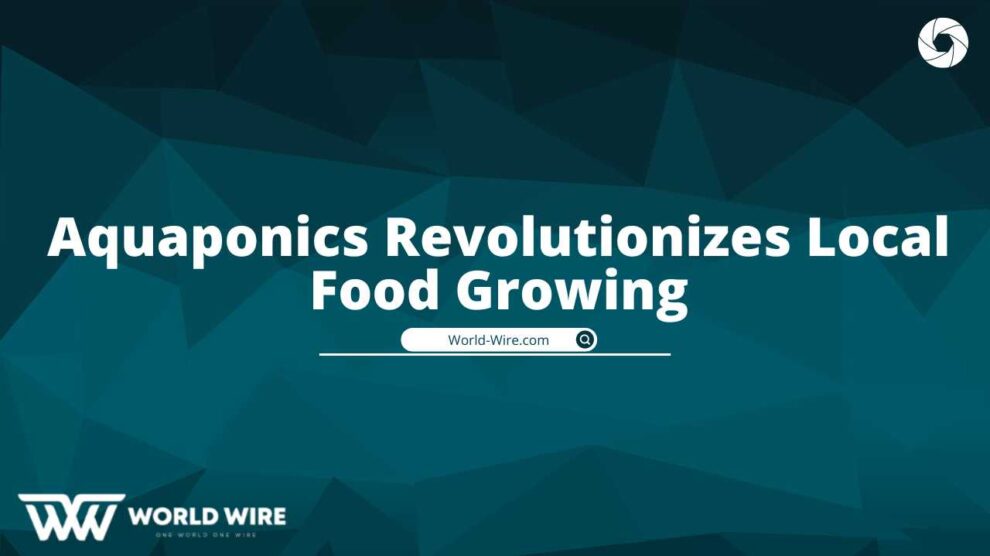Aquaponics is becoming more and more significant as the demands on American society for locally produced, healthful food, water conservation in regions of the country that are experiencing drought, and the need to minimise the world’s usage of fossil fuels become more and more pressing.
Aquaponics is a profitable method of producing plants and fish together that uses a portion of the water and energy used in traditional soil-based agriculture.
The national Aquaponics Association will host three days of presentations and tours of small and large-scale operations at the 2013 Aquaponics Association Conference at the Loews Ventana Canyon Resort in Tucson, Arizona, from September 20–22, 2013, to inform the general public about best practises for establishing home-based systems or larger commercial-scale aquaponic farms.
The Conference registration cost per participant will rise on August 1 from $345 to $395.
According to Gina Cavaliero, chair of the 2013 Aquaponic Association Conference and owner of Green Acre Aquaponics, a commercial aquaponics farm in Brooksville, Florida, “Aquaponics has broad appeal because it meets basic needs such as food security and food safety, self-reliance, sustainability, and water conservation, while creating a pleasing indoor environment to grow your own fresh and healthy food year-round.”
Aquaponics is a symbiotic combination of aquaculture, or fish farming, and hydroponics, or growing plants without soil, using a nutrient-rich water supply.
Aquaponics involves the recirculation of water in a built-in system that resembles a dynamic pond-like eco-system. The end result is a healthy, self-sufficient habitat that uses bacterial cycles in nature to transform fish waste into plant nutrients.
By recycling 90% of the water that continuously flows through the plant growth bed and back to the fish, the process generates more plants per square foot while using 10% less water than conventional soil-based growing methods.
According to Cavaliero, “Aquaponics is popular because growing systems are scalable to meet the needs of both the home gardener who wants to feed her family with organic produce and fresh fish without worrying about mercury and pesticides, to a commercial-scale aquaponics farmer producing food sustainably for retailers and aiding in the elimination of food deserts.”
The keynote speakers for the third annual conference this year are Max Meyers, executive director of the Mendocino Ecological Learning Center from Nor Cal Aquaponics in California and Joel Salatin, owner of Polyface Farms in Virginia and author of eight books, including The Sheer Ecstasy of Being a Lunatic Farmer.
Friday, September 20 has been declared Aquaponics Day by Tucson Mayor Jonathan Rothschild. On September 20th at 6 o’clock, Mayor Rothschild will host an opening ceremony at the Conference.
Regarding aquaponics
Fish and plants are grown side by side in an active, sustainable ecosystem using aquaponics. Using organic hydroponic methods, fish excrement is used to feed the plants. The water that is returned to the fish habitat is cleaned and filtered by the plants. Aquaponics is an old technique that has been employed in China, Egypt, India, Thailand, and by the Aztecs, who raised crops on little islands they called “Chinampas.” In response to urgent challenges like food security and independence, nutritious and organic product, local and sustainable food growing, food safety, and water conservation, the modern method of producing fish and plants in tandem has gained popularity in recent years.
Description of The Aquaponic Association
The Aquaponics Association was established in 2011 to provide as a national instructional resource for home-based aquaponic enthusiasts, organic gardeners, and commercial aquaponics growers. Through outreach and education, the Association spreads the word about the advantages of aquaponic farming.

Subscribe to Email Updates :







Add Comment